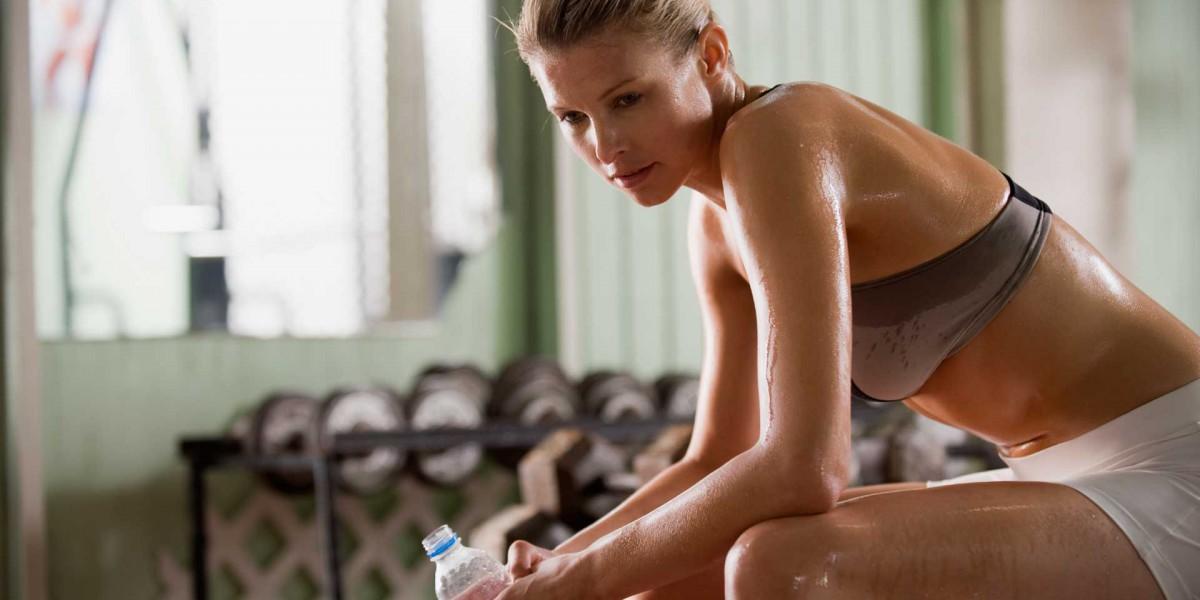How important is rest, recovery and hydration after exercise?
Ever felt guilty for not working out because you were too sore? Ever just felt a little bit ‘off’ whilst training? Ever been scared of getting an injury from working out too much? Maybe you are working out too much? Here we will look at the importance of rest, recovery and hydration after exercise.
A simple google search on “recovery after exercise” will reveal a whole range of strategies and regimes that you can implement into your exercise program to improve your overall performance. These strategies range from immediate recovery, short term recovery, active recovery and even long-term recovery options. Rest and recovery aid physiological processes, such as repair of our muscles and tissues, and psychological aspects, such as relaxation, sleep improvement and stress reduction, but what exactly happens during exercise that makes rest and recovery so important?
When exercising, we are placing an incredible amount of stress on our muscles and tissues. The stress that we exert on our muscles during any form of physical activity causes them to become damaged and break apart. During recovery from exercise, our muscles will heal stronger than they were before, which is what makes allows our muscles to grow stronger and allows us to perform at a higher level. Also, during the break down of our muscles, certain chemicals can accumulate which need to be cleared for our muscles to be able to rebuild and repair. It is so important to allow our muscles the time needed to repair and remove these chemicals so we don’t get an excessive break down of our muscles, fatigue and loss of strength.
Another important physiological aspect of exercise is sweating. When we exercise, our body will sweat to cool us down and prevent us from overheating. Our sweat is not only a fluid that we are losing from our body during exercise, but it also contains very important nutrients and electrolytes that play a crucial role in how many organs and systems in function our body. The loss of this fluid, nutrients and electrolytes, therefore, needs to be replaced. It is important to adequately hydrate before, during and after exercise. Hydration on days that we are not exercising is also crucial for your continued performance.
We also need to make sure we are getting adequate sleep. In general, 1- or 2-nights bad sleep shouldn’t hinder our performance, but if you are not getting adequate sleep consistently, this can have a detrimental effect on your training performance and mental health status. Sleep is a crucial time in which our body produces hormones that aid in stress reduction, muscle recovery and our mood management. If you are training too much and not getting enough quality sleep, you may start to notice changes in your stress levels, mood and rate of recovery. On the same hand, the pressures of our everyday life can impact how much quality sleep we are getting. It is important to realise when you need to take a day off exercising and use that time to relax and recover.
Finding the right balance of exercise and recovery can be tricky. It all depends on your type of training, intensity and frequency. Our life commitments, such as work and family can also make this balance even harder to achieve. It is also important to find the right type of recovery regime that suits your lifestyle and training goals. To see the benefits of rest and recovery, consultation with a health or fitness professional is recommended as they can help to implement plans and strategies suited to your lifestyle and training style.
Overall, it is important to allow our body and mind enough time to recover from exercise, it will only help to improve your overall performance, health and well-being.
Written by Demi Cheetham
Membership Consultant – Urth Fitness Charlestown





